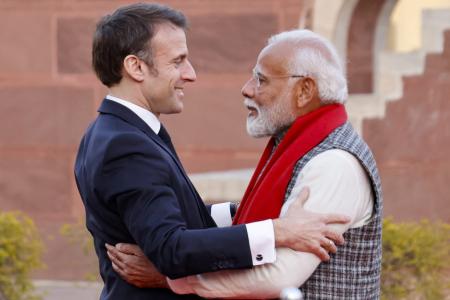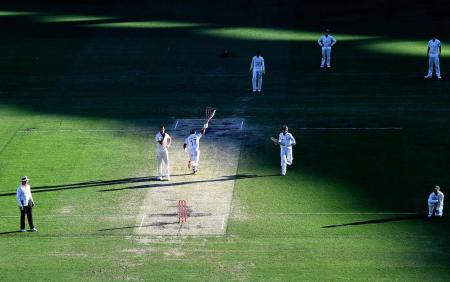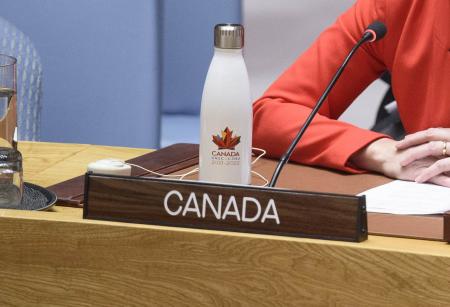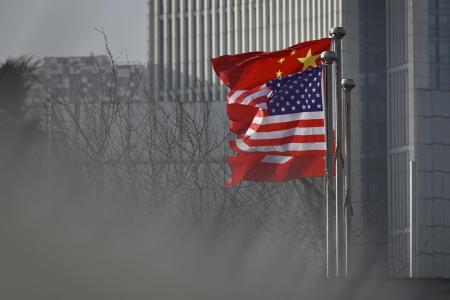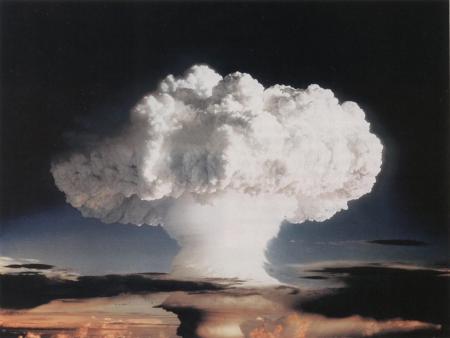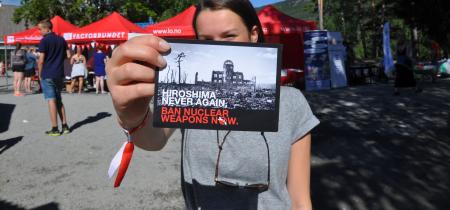Ramesh Thakur
Ramesh Thakur is Emeritus Professor in the Crawford School of Public Policy, The Australian National University, a Fellow of the Australian Institute of International Affairs, and Brownstone Institute senior scholar. He was Senior Vice Rector of the United Nations University and Assistant Secretary-General of the United Nations. Educated in India and Canada, he was a Professor of International Relations at the University of Otago in New Zealand, Professor and Head of the Peace Research Centre at the Australian National University, and Foundation Director of the Balsillie School of International Affairs in Waterloo, Ontario. He has also served as a consultant/adviser to the Australian, New Zealand and Norwegian governments on arms control, disarmament and international security issues. He was a Commissioner and one of the principal authors of The Responsibility to Protect (2001), and Senior Adviser on Reforms and Principal Writer of the United Nations Secretary-General Kofi Annan’s second reform report (2002).
The author or editor of numerous books, chapters in books and journal articles, Prof. Thakur has also been a regular contributor to media outlets, served on the international advisory boards of institutes in Africa, Asia, Europe and North America, and was the Editor-in-Chief of Global Governance (2013-18). His books include The United Nations, Peace and Security: From Collective Security to the Responsibility to Protect (Cambridge University Press, 2017); Global Governance and the UN: An Unfinished Journey (Indiana University Press, 2010); The Responsibility to Protect: Norms, Laws and the Use of Force in International Politics (Routledge, 2011); The Oxford Handbook of Modern Diplomacy (Oxford University Press, 2013); Theorising the Responsibility to Protect (Cambridge University Press, 2015); and The Nuclear Ban Treaty: A Transformational Reframing of the Global Nuclear Order (Routledge, 2022).
